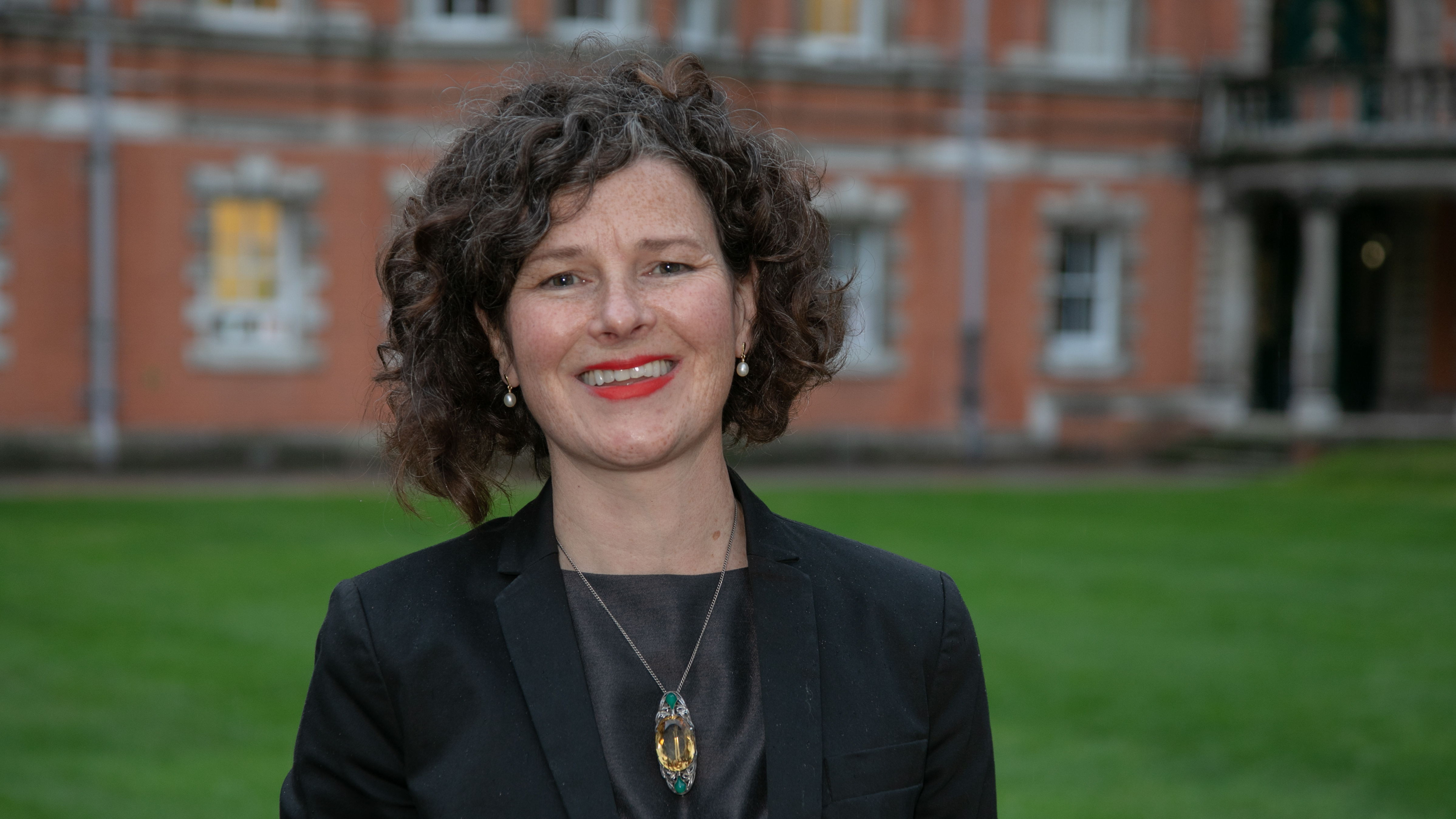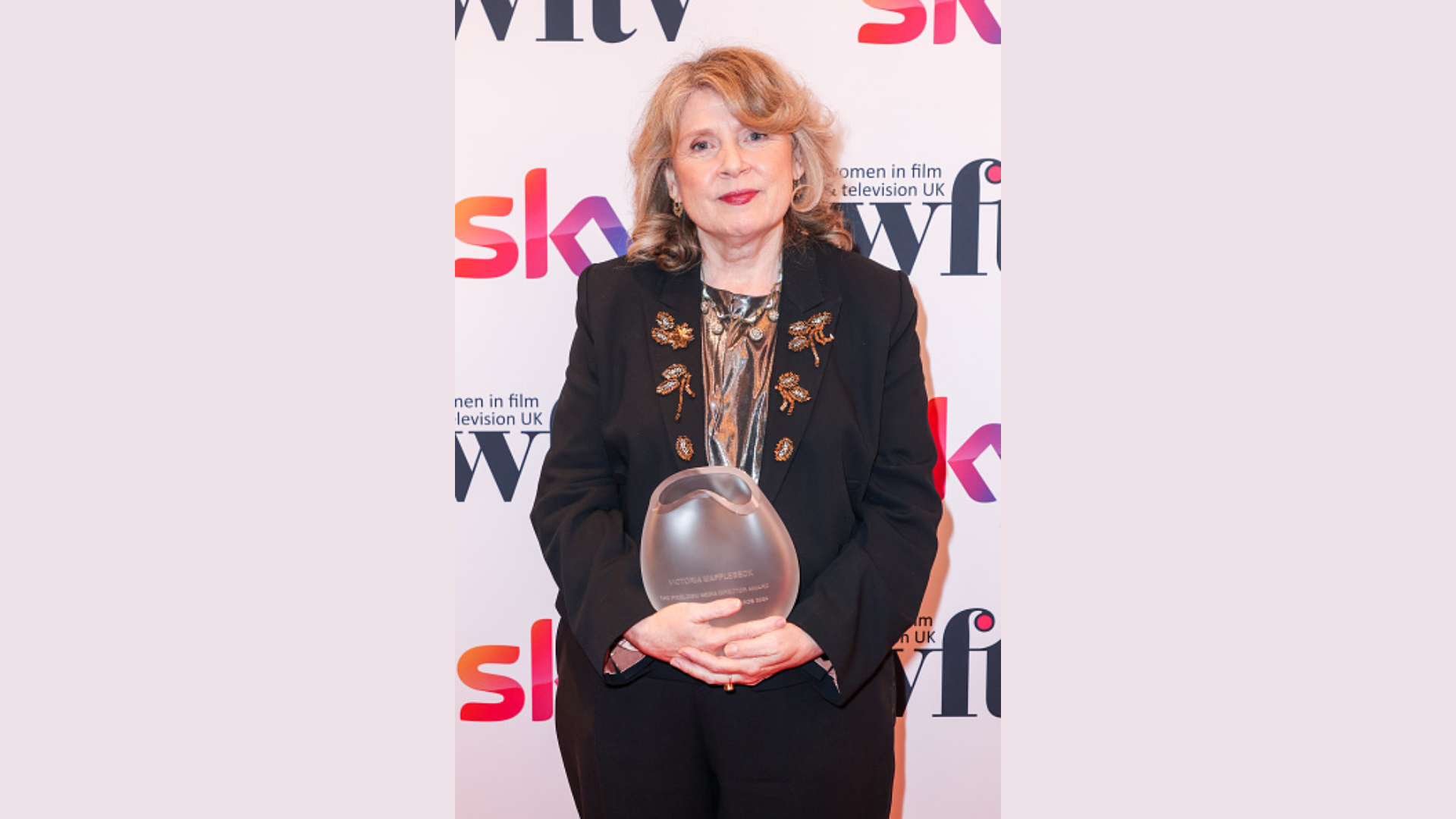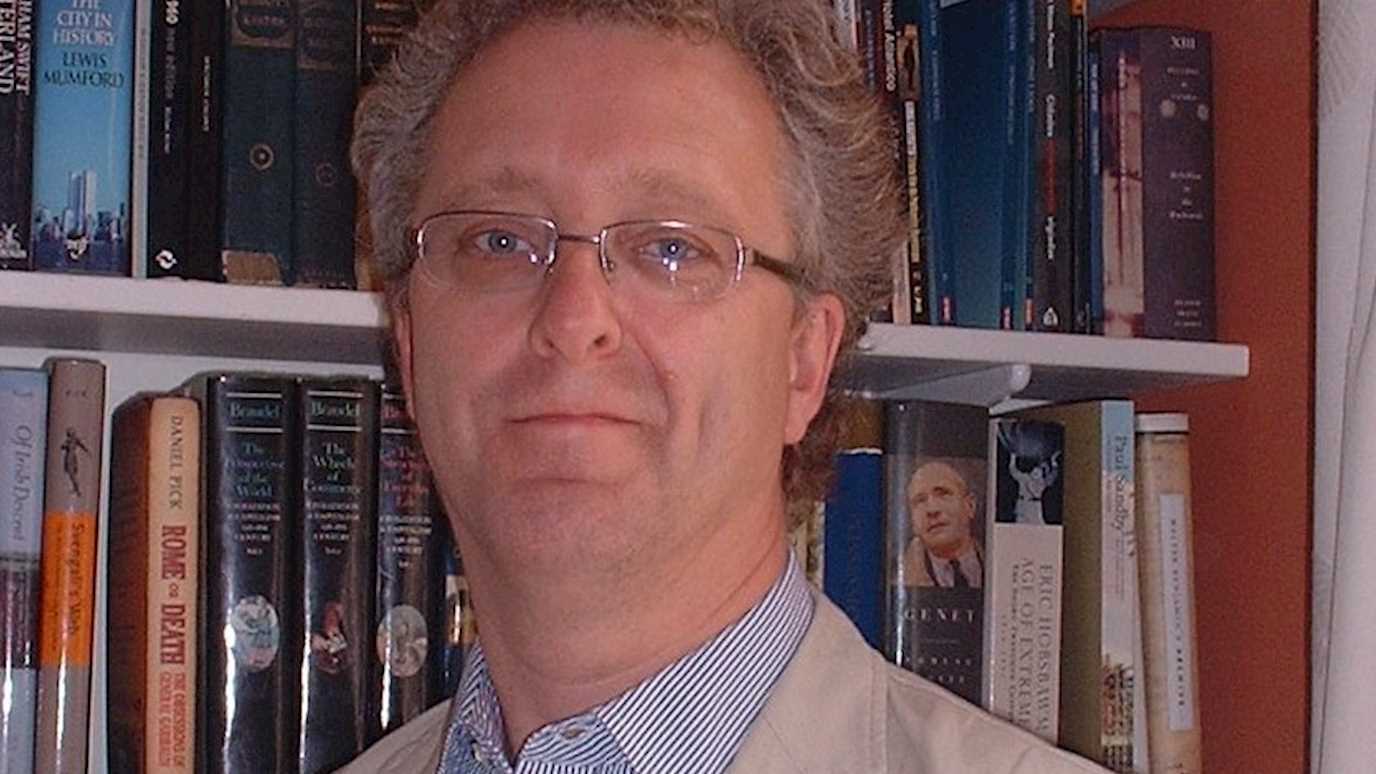New findings from the Department of Psychology at Royal Holloway tell us how people jump to conclusions – even at their own cost – when they see others doing the same.
The study has revealed that it is not just ideas that can spread socially, but also the way people collect the evidence for these ideas. These findings highlight an explanation for how problematic misbeliefs, such as those about distrusting a vaccine, can be developed in social situations and spread quickly.
The results show that if people aren’t sure how much evidence they need for a complex decision, they can be influenced by seeing how valuable other people think the evidence is.
Findings from this study also led researchers to believe that people jumping to conclusions in this way could result in hurting their wellbeing in the long run. Although crowd-sourcing decisions in this way is much easier, it isn’t helpful for those who want to make the best decisions about their own wellbeing because the likelihood of being wrong is higher if people form their own decisions and beliefs on the basis of little evidence.
Dr Justin Sulik, formerly of the Department of Psychology at Royal Holloway, said: “We know that harmful ideas, like anti-vax ideas, can spread quickly, and we usually think of this problem in terms of why people find anti-vaccine ideas intuitive, or how ideas spread due to social influence.
“Our research has shown that there is another aspect of the problem: it's not just the ideas that spread socially, but also the way people evaluate evidence for the ideas. People can learn to consider evidence worthless because others have acted as though it is worthless. However, we found that they do this even when good evidence is available. This means they all too frequently make decisions that go against their own success.”
Dr Justin Sulik continued: “In times of overwhelming uncertainty – like deciding whether to trust the new Covid-19 vaccines – it can be hard to know what to believe. It can also be hard to know how to find evidence that helps to reduce the uncertainty. Our findings show that people frequently jump to conclusions, and that the tendency to jump to conclusions can spread socially.”
Professor Ryan McKay from the Department of Psychology at Royal Holloway, said: “Previous research has looked at how false claims can spread socially. For instance, when a high-status individual like former president Trump claims (falsely) that vaccinations are causing an autism epidemic, that particular belief is likely to spread. But aside from the kinds of beliefs Mr Trump has endorsed, he has also displayed a certain attitude to evidence – for example, he is famously allergic to reading memos or policy papers. What our study demonstrates is that people can socially acquire a disregard for evidence, which is costly and potentially dangerous.”
























